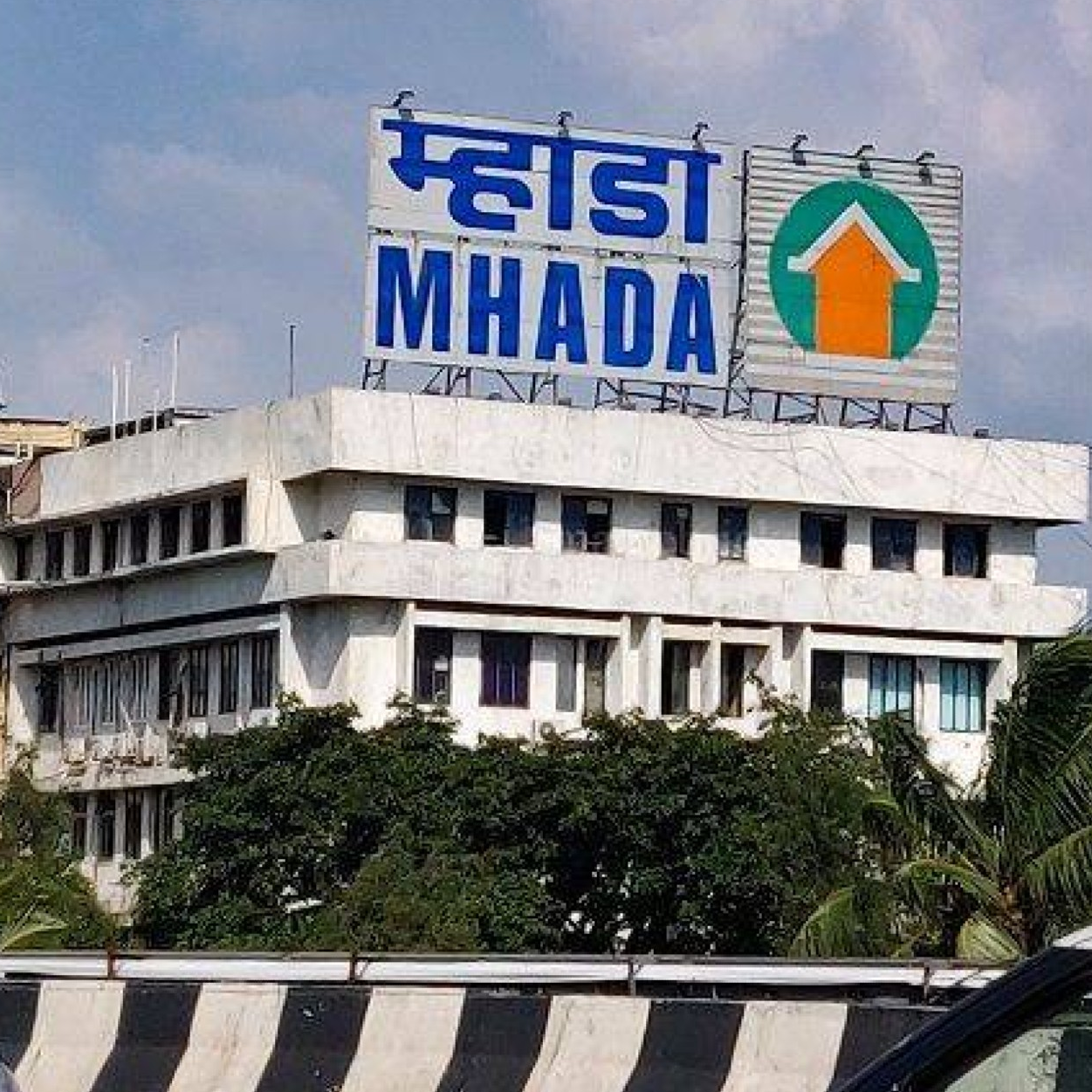
Resolving Grievances, Restoring Trust: MHADA’s Lokshahi Din Sets a Benchmark in Public Governance
Transparency and responsiveness are often spoken of in governance — but rarely do citizens see them unfold so directly. At the 12th Lokshahi Din of the Maharashtra Housing and Area Development Authority (MHADA), these ideals were put into action.
Held at Housing Bhavan, Bandra (East), Mumbai, the session was chaired by IAS Sanjeev Jaiswal, Vice President and Chief Executive Officer of MHADA. It stood as a clear example of how structured citizen engagement can lead to swift, tangible outcomes.
Eight Grievances, One Platform — Immediate Redressal
This edition of Lokshahi Din witnessed hearings on eight distinct applications, spanning concerns from different segments of the housing ecosystem:
- Four cases related to the Mumbai Housing Board
- Three concerning the Mumbai Building Repairs and Reconstruction Board
- One from the Chhatrapati Sambhaji Nagar Board
Each case brought forward a unique challenge — and was addressed with clear, decisive instructions, reinforcing public faith in institutional processes.
Spotlight on Key Cases and Directives
Among the highlights was a matter involving an applicant who had secured a tenement through MHADA’s 2024 computerised lottery under the Master List. Facing procedural delays, the individual received immediate relief — underscoring MHADA’s commitment to uphold the promises made to its allottees.
Another notable case was that of Narendra Nigudkar, a resident of a cessed building who had long awaited possession of his flat at Antop Hill, Wadala (East). Despite surrendering his earlier transit accommodation, delays from the developer side had kept him waiting. Mr. Jaiswal acted decisively, instructing officials to summon the developer on priority and ensure that the keys were handed over by 12 noon the very next day.
Addressing Broader Community Concerns
The session also took up:
Sanjay Bhaire’s appeal regarding unauthorised construction on common space at Sneha Deep Society, Goregaon (West). Orders were passed for immediate intervention to halt the construction, accompanied by a directive for a full inspection report within seven days.
Prakash Kumar NS’s plea over stalled redevelopment at Siddhesh Cooperative Housing Society, Kalina, Santacruz (East). Here, MHADA laid down a clear path: the society was asked to formally pass a General Body Resolution expressing willingness to proceed, after which MHADA would initiate appropriate redevelopment action.
Ganesh Shinde’s request for urgent repairs to Durgadevi Society in Girgaon, including malfunctioning piping and lift systems. The repairs were greenlit to start immediately, supervised by a committee from the society, with a site report to follow.
Kashinathrao Sadavarte’s application from Chhatrapati Sambhaji Nagar, seeking a waiver on interest charged due to delayed payment on his property’s sale price. It was clarified that the outstanding amount must first be cleared, after which legal aspects of the waiver would be reviewed in line with MHADA’s policies.
A Model of Citizen-Centric Administration
What set this Lokshahi Din apart was not just the volume of cases addressed, but the methodical, time-bound directives issued for each. Applicants left the session with clarity, confidence, and renewed trust in the system — outcomes that truly define good governance.
Under IAS Sanjeev Jaiswal’s leadership, MHADA has continued to demonstrate how administrative platforms like Lokshahi Din can go beyond being ceremonial. They can actively resolve citizen grievances, uphold transparency, and deliver fair outcomes — all in real time.
Reinforcing Accountability and Hope
As the hearings concluded, it was clear that this wasn’t merely about settling files. It was about safeguarding citizens’ rights, ensuring fair play, and holding processes accountable — principles that form the backbone of MHADA’s work.
Through structured initiatives like Lokshahi Din, MHADA is not only addressing present challenges but also shaping a governance culture rooted in trust, integrity, and prompt action — a testament to what public institutions can achieve with the right leadership and intent.



